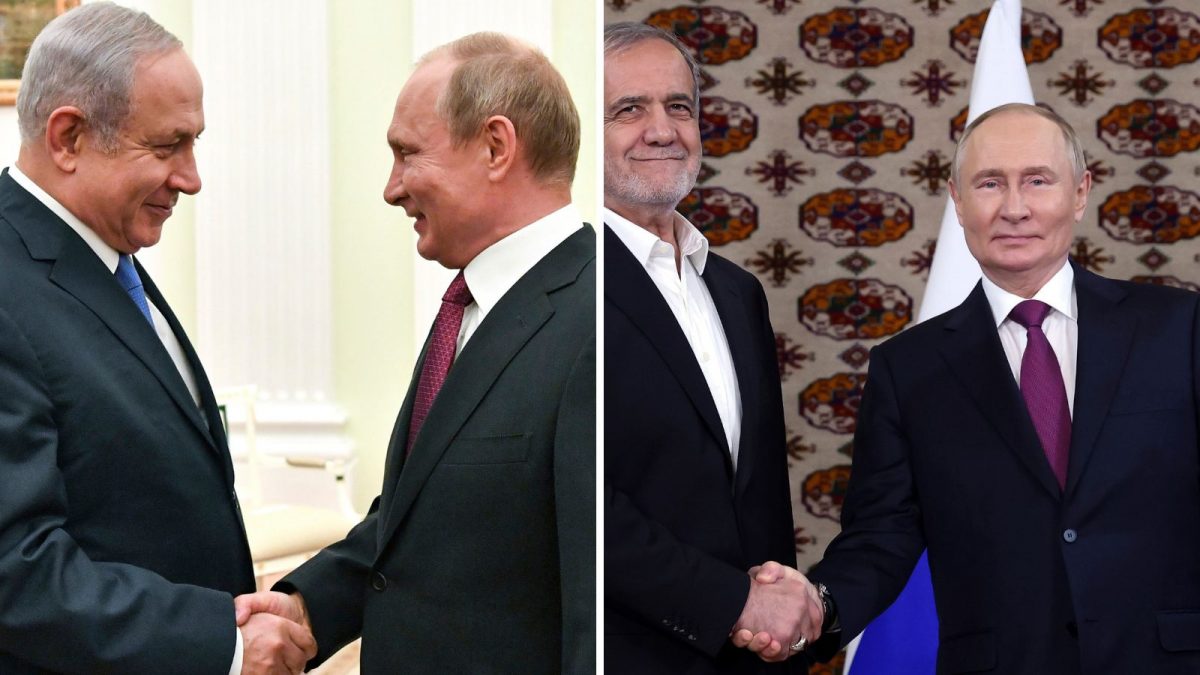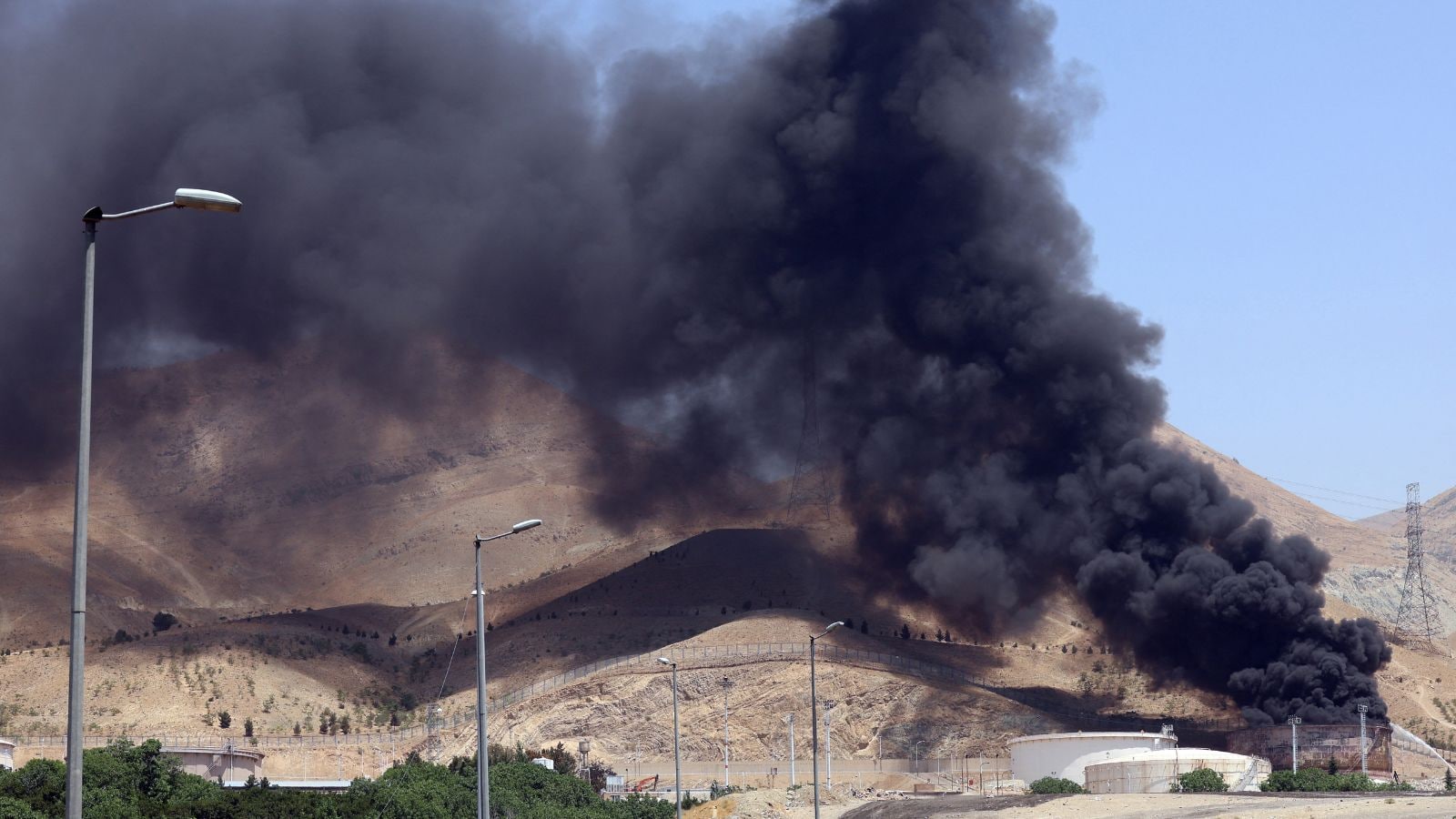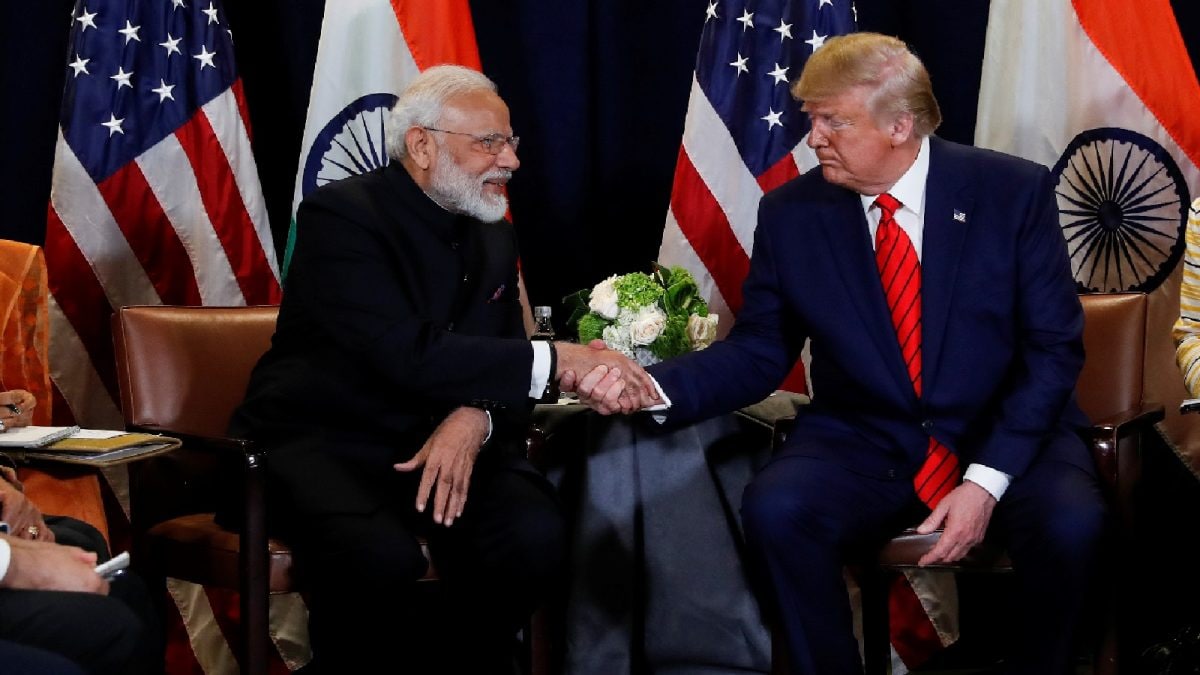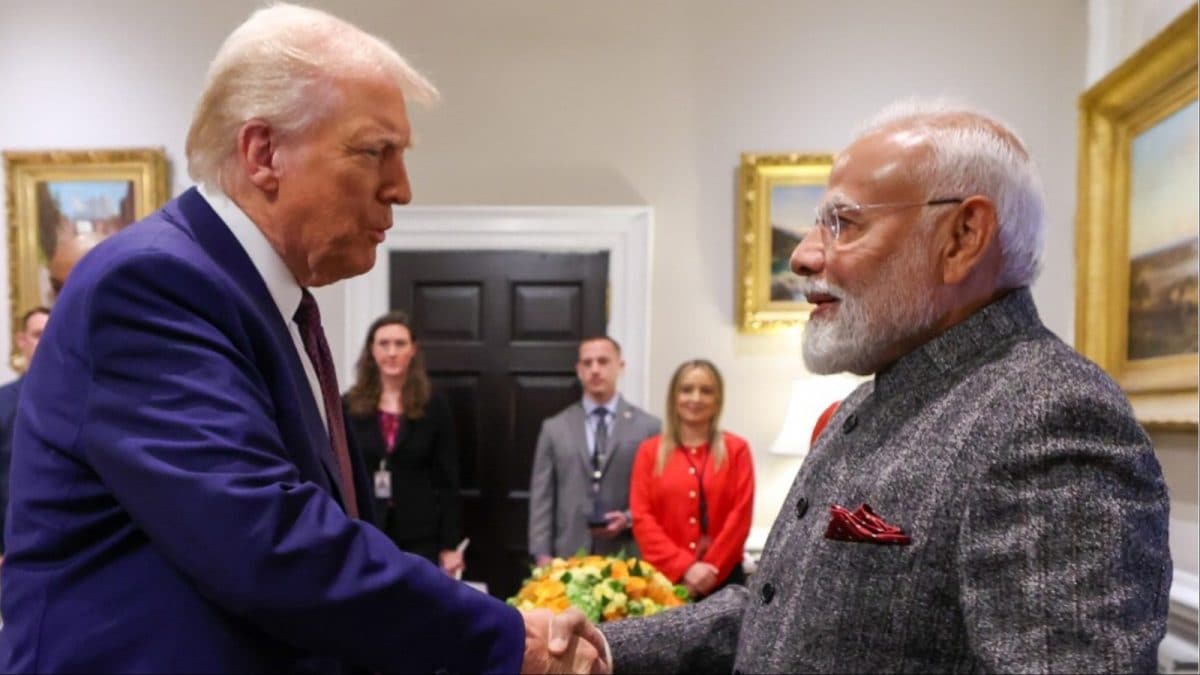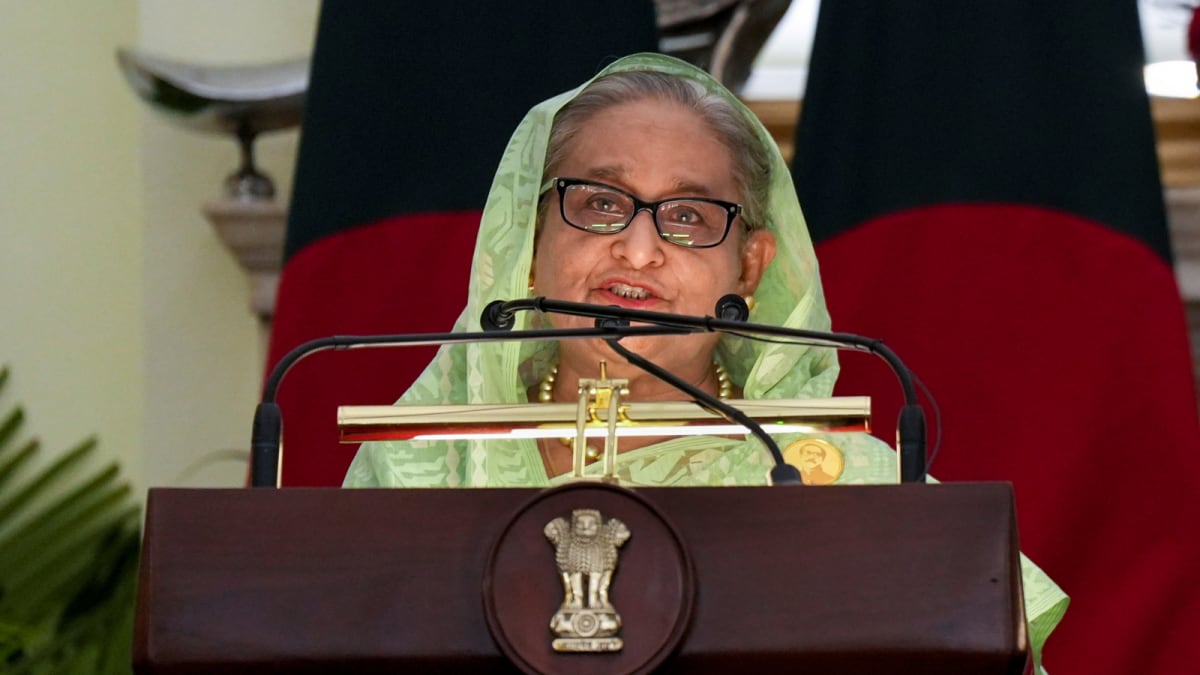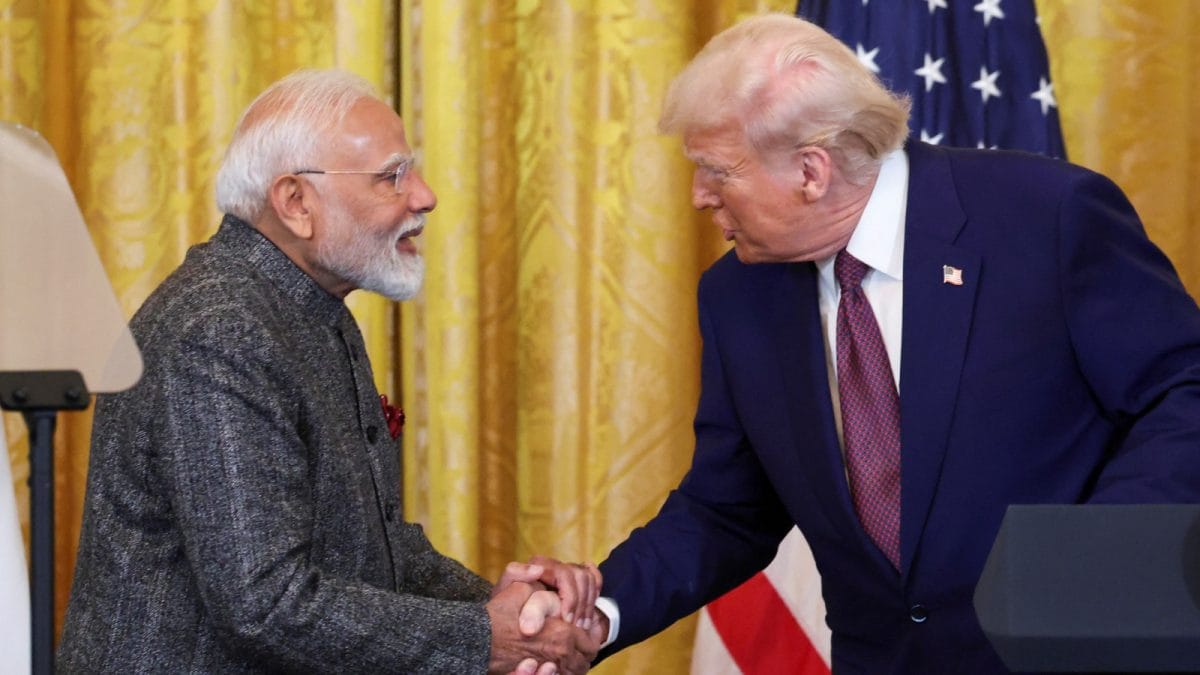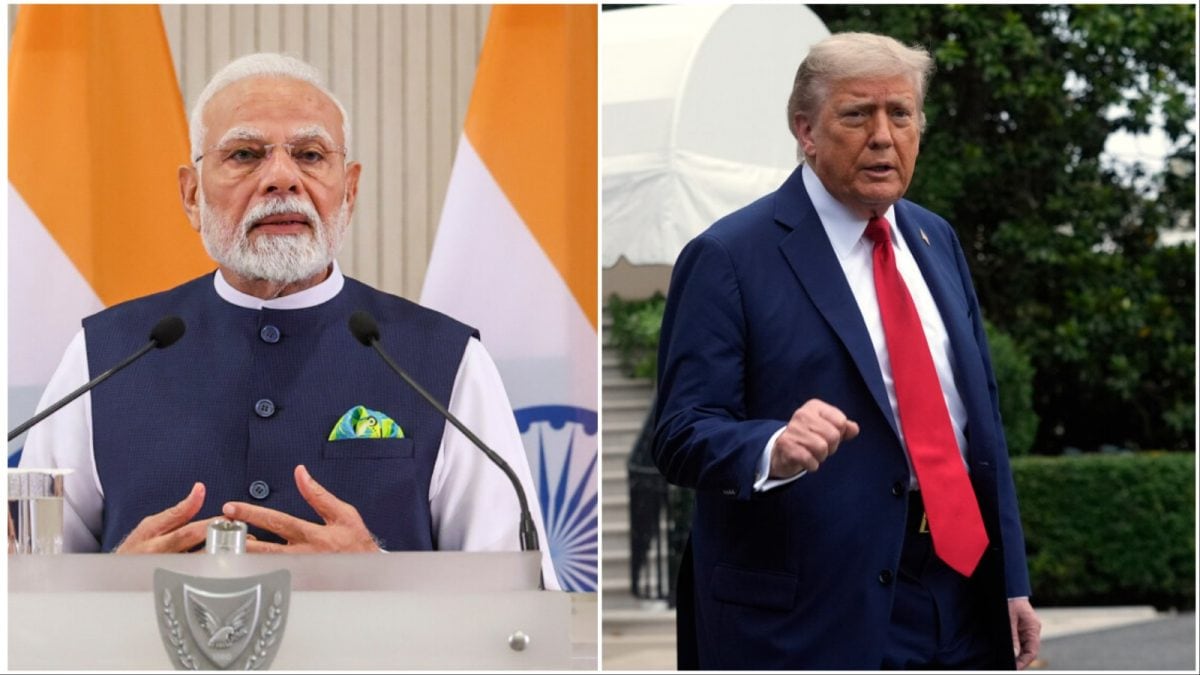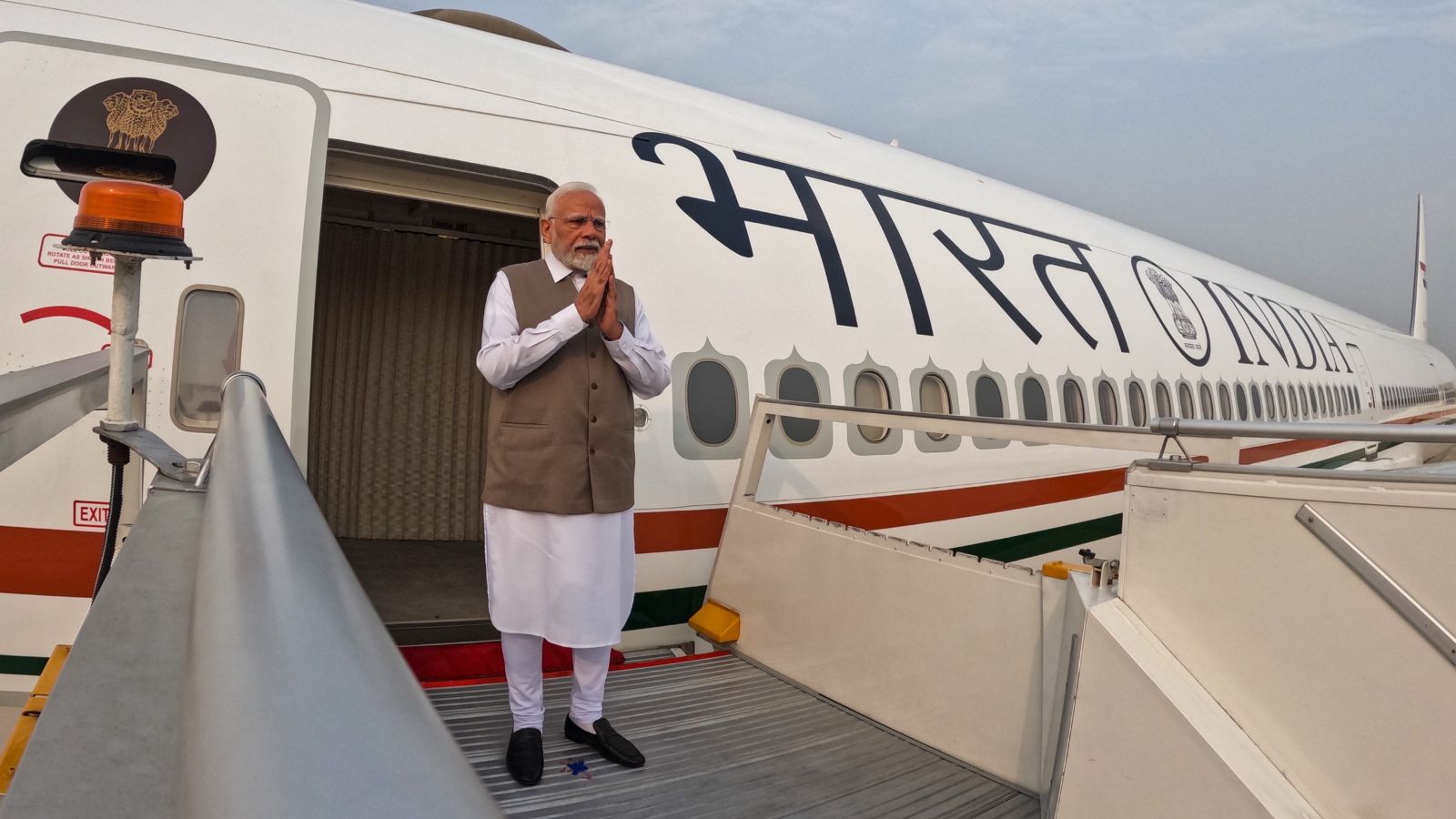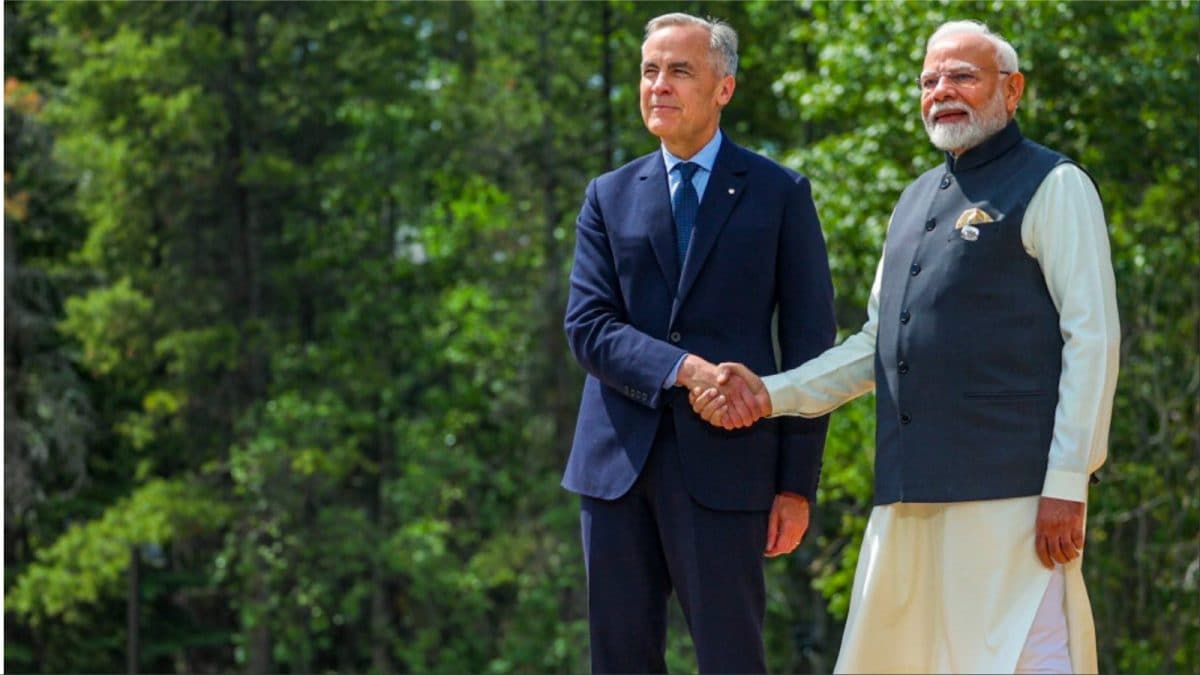Last Updated:May 02, 2025, 11:06 IST
Top intelligence sources indicate that by supporting Pakistan militarily and diplomatically, Beijing intends to keep India occupied with regional conflicts.

Pakistan’s Deputy Prime Minister Ishaq Dar and Chinese Foreign Minister Wang Yi. (AP file photos)
An intelligence note on China-Pakistan nexus reveals how Pakistan is expected to follow Beijing’s orders in the event of any escalation. The note has been accessed by CNN-News18. This alliance will be crucial during any limited conflict between India and Pakistan, serving as a testing ground for Chinese technology and influencing global defence strategies. The note reveals how China is using Pakistan as a proxy to destabilise India, thereby, avoiding direct confrontation.
This alliance will shape the geopolitical landscape of South Asia, with India likely aligning more closely with the US, Japan, and Australia (Quad), while Pakistan falls victim to China’s String of Pearls strategy. Beijing aims to avoid direct conflict, focusing on the security of the China-Pakistan Economic Corridor (CPEC) and regional stability. Asymmetric warfare against India is central to Beijing’s strategy to limit India’s regional influence. China is expected to avoid overt military intervention but will likely support Pakistan through cyberwarfare and intelligence-sharing, the note reveals.
Top intelligence sources indicate that by supporting Pakistan militarily and diplomatically, Beijing intends to keep India occupied with regional conflicts. The CPEC, a flagship project of China’s Belt and Road Initiative (BRI), is crucial for both countries economically. The Gwadar Port and infrastructure investments worth around $62 billion give China strategic access to the Indian Ocean, countering India’s naval dominance.
Pakistan’s military arsenal relies heavily on Chinese weapons, including JF-17 fighter jets and HQ-9 air defence systems, sources say. Joint ventures such as the Karachi Nuclear Power Plant (KANUPP) are also significant. China shields militant groups like Lashkar-e-Taiba and Jaish-e-Mohammed at international forums and has blocked UN sanctions against JeM leaders like Abdul Rauf Azhar, enabling Pakistan’s plausible deniability, sources add.
Pakistan uses Chinese Wing Loong II drones to smuggle arms into Kashmir and benefits from Chinese-provided encrypted communication tools for militant coordination. China backed Pakistan’s call for an independent probe, knowing it was executed through proxy groups like TRF and PAFF. China’s Foreign Minister Wang Yi has endorsed Pakistan’s narrative, reflecting a dual approach.
China is expected to accelerate weapon deliveries to Pakistan, including missiles and drones, to bolster its defences, sources told CNN-News18. This was evident in 2019 when Pakistan showcased Chinese hardware during tensions after the Pulwama attack. China may also offer emergency loans or CPEC-linked investments to stabilise Pakistan’s economy amid sanctions or trade disruptions. A conflict would test Chinese versus Western and NATO-standard weaponry, such as Indian Rafale jets versus Pakistani JF-17s, influencing Chinese arms sales in conflict-prone regions, sources said.
Location : First Published:News world China-Pakistan Nexus: Intel Reveals Beijing Uses Islamabad As Proxy To Destabilise India

 1 month ago
1 month ago

